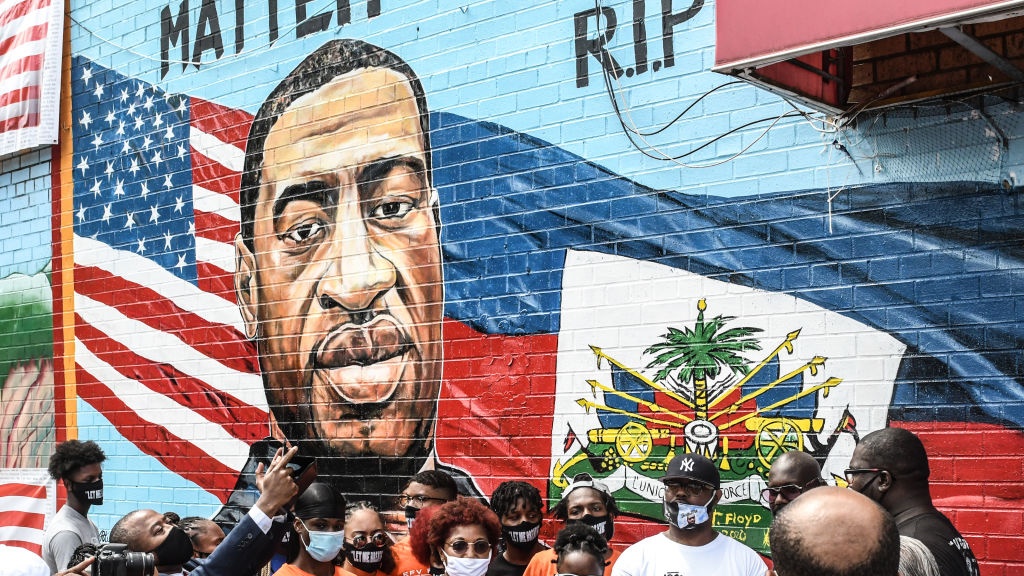A Minnesota judge has lifted a gag order against the four police officers involved in the killing of George Floyd after defense attorneys said it prohibited them from defending their clients from negative publicity.
Hennepin County District Judge Peter Cahill initially said he had a duty to issue the order, as comments to the media could affect the jury pool, reports NPR.
Attorneys for the four officers charged did not agree with the gag order, saying that prosecutors had already publicly spoken about the case. They added that they were not able to defend their clients to the press. Derek Chauvin's attorney said his client had been called a murderer and that pretrial publicity often doesn't mention the fact that he is innocent until proven guilty or proven justified in his actions.
Cahill said some people were trying to “tiptoe around the order,” so it wasn't as effective, according to the Associated Press.
He said attorneys are still required to follow Minnesota’s court rules regarding commenting on the case.
Two defense attorneys requested Cahill hold the lead prosecutor, Attorney General Keith Ellison, in contempt, but Cahill refused. Cahill ruled that a statement made by Ellison, in which he said two additional attorneys would be aiding in the case, did not violate the gag order.
Last week, a collective of media companies asked the judge to clarify the terms of the gag order, as they believed the scope was too broad.
American Public Media Group, CBS Broadcasting Inc., The New York Times Company, the Star Tribune Media Company and more said that the gag order could also include a vast range of people related to the incident, including all employees of the state of Minnesota and Hennepin County.
“By its express terms, however, the Order restricts the speech and conduct of far more than just those actually involved in these prosecutions, including 'all parties, attorneys, their employees, agents, or independent contractors working on their behalf,'" the court filing states.
The coalition said that because of the wide scope of the order, it could not stand under the law, “including under the First Amendment.”
“George Floyd’s death catapulted Black Lives Matter into one of the largest movements in this country’s history and spurred important conversations on a number of topics that arguably 'relate' to these prosecutions. For that reason alone, the Order is overbroad, even as to the parties and their attorneys,” the filing states.
The media companies also asked the judge to make available the body camera footage from the incident that was filed by former officer Thomas Lane’s attorney, Earl Gray, who wanted the footage to be made public in an attempt to have his client’s case dismissed.
Cahill only made the video available for in-person viewing by appointment.
Gray said body camera footage shows Floyd stuffing counterfeit bills into his car seat and ingesting drugs. AP reporters who viewed the footage said they did not see Floyd put drugs in his mouth.
Leita Walker, the attorney representing the media outlets, said the release of the body camera footage will not sway public opinion, as footage taken by eyewitnesses has already circulated. She said the media can only report the full story if the video is made available.
“We have the bystander cell phone video, we have transcripts of the body camera footage, and we have summaries from journalists who’ve watched the body camera footage by appointment, so the media coalition’s view is the media itself should be made widely available,” Walker said according to WCCO.
Cahill has not issued a ruling yet but plans to do so before his 90-day deliberation period is up.
